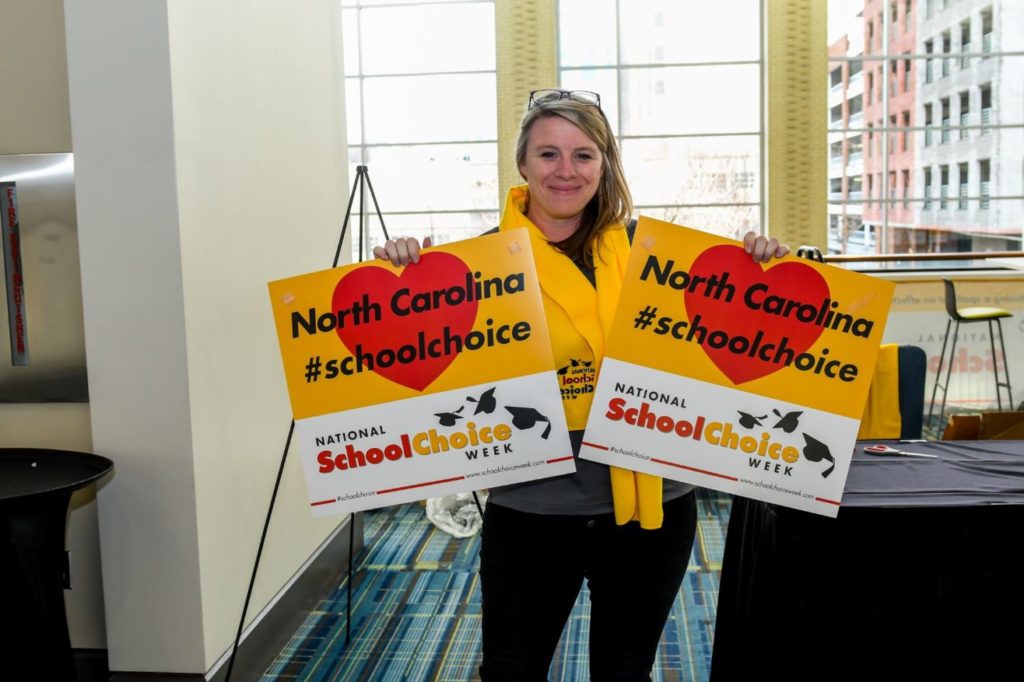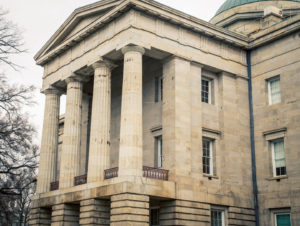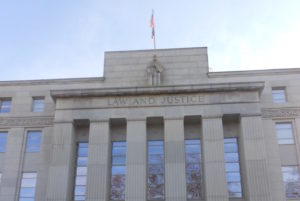North Carolina’s school choice program full
Tens of thousands of North Carolina families have jumped at the chance to receive school choice scholarships, despite open hostility from the governor about the program.
In fact, the state has…

Tens of thousands of North Carolina families have jumped at the chance to receive school choice scholarships, despite open hostility from the governor about the program.
In fact, the state has already received so many applications, it’s starting to turn people away.
The North Carolina State Education Assistance Authority revealed on Saturday the state received 72,000 applications for an Opportunity Scholarship and would not be able to approve all of them.
It is prioritizing the lowest-income – or Tier 1 – families, while leaving the door open for some Tier 2 families to receive scholarships as well.
A Tier 1 family of four has an income of $58,000 or less, while Tier 2 is capped at $115,000.
The Opportunity Scholarship voucher program launched a decade ago and steadily grew in enrollment from 1,200 students in 2015 to 25,000 in 2023.
Although the North Carolina Legislature made the program universal last year, its budget still limits the number of participants.
For the 2024-25 school year, the program has roughly $191 million in funding. That number will jump to $415 million the following year, with annual $15 million increases thereafter.
However, with so many applicants, the Legislature may consider boosting its funding during the 2024 session.
“The surge in Opportunity Scholarship applications is the latest sign that North Carolina families value having choice in education,” a spokesperson for Senate Majority Leader Phil Berger, R-District 26, told The Charlotte Observer. “Just like any other budget item, legislators will discuss potential funding changes as they make budget revisions during the short session.”
But Gov. Roy Cooper, who fought against school choice tooth and nail last year, has already started campaigning against it this year.
“They [private schools] don’t have to tell taxpayers what they teach, how their students perform, which students they will reject or whether students even show up at all,” Cooper said during a State Board of Education meeting. “That is a reckless, reckless waste of taxpayer money.”
But the tens of thousands of parents who applied for Opportunity Scholarships seem to disagree with him.
After all, the state spends nearly $11,000 per pupil in public schools, while the average school choice scholarship is barely more than $5,000.



